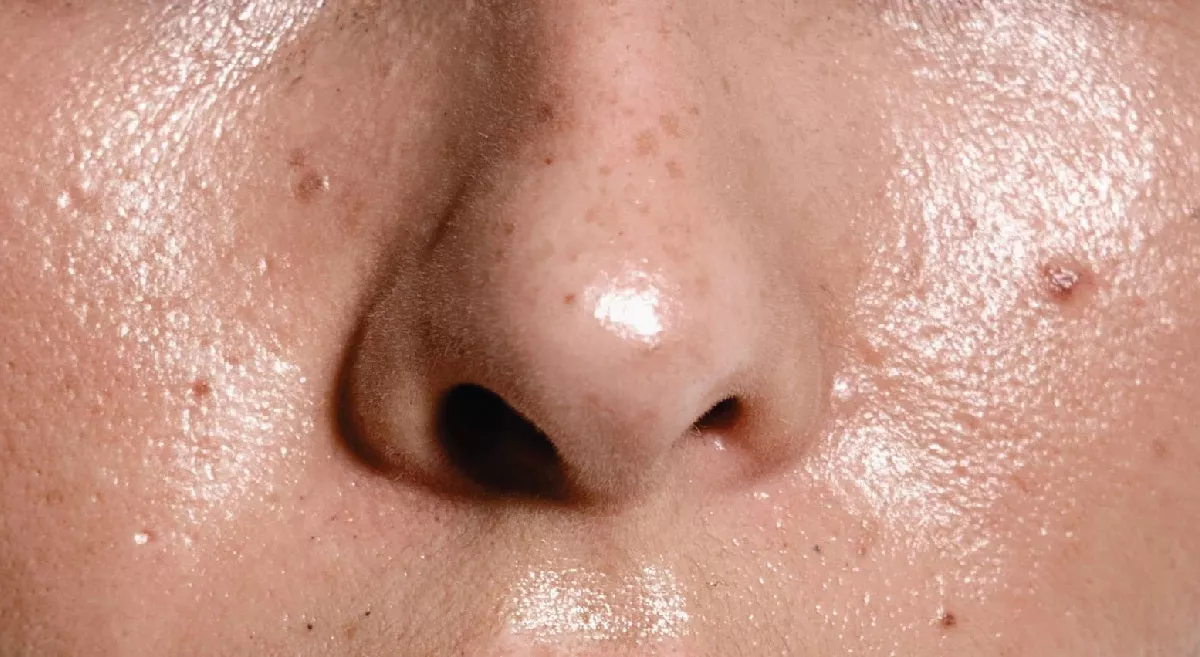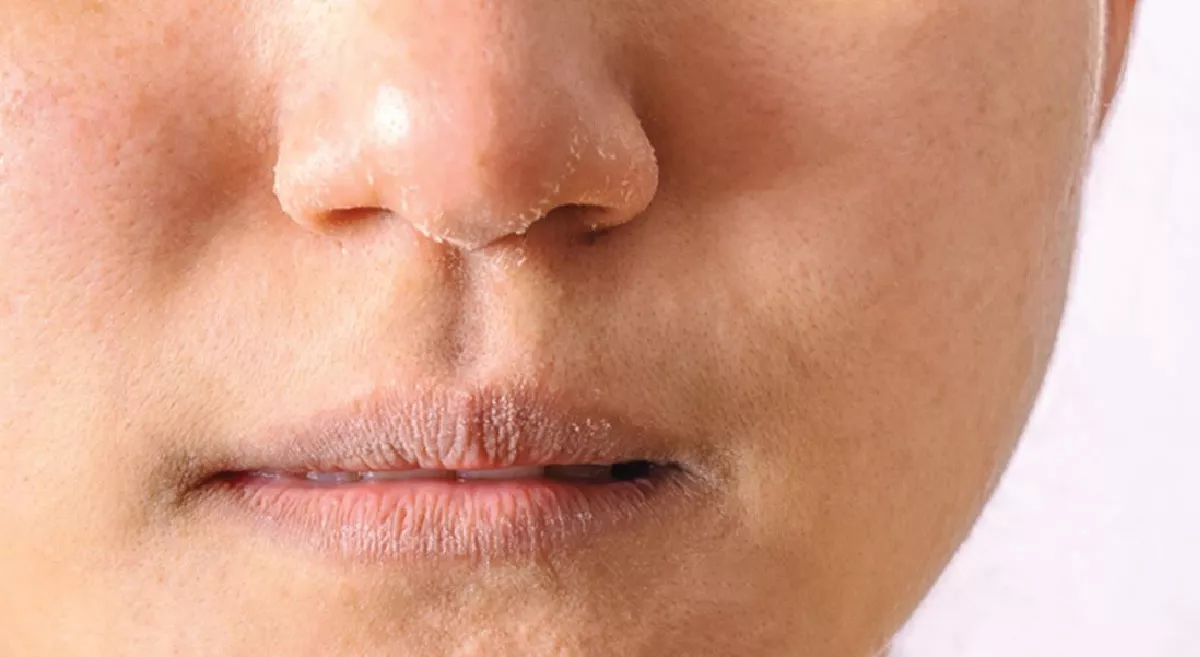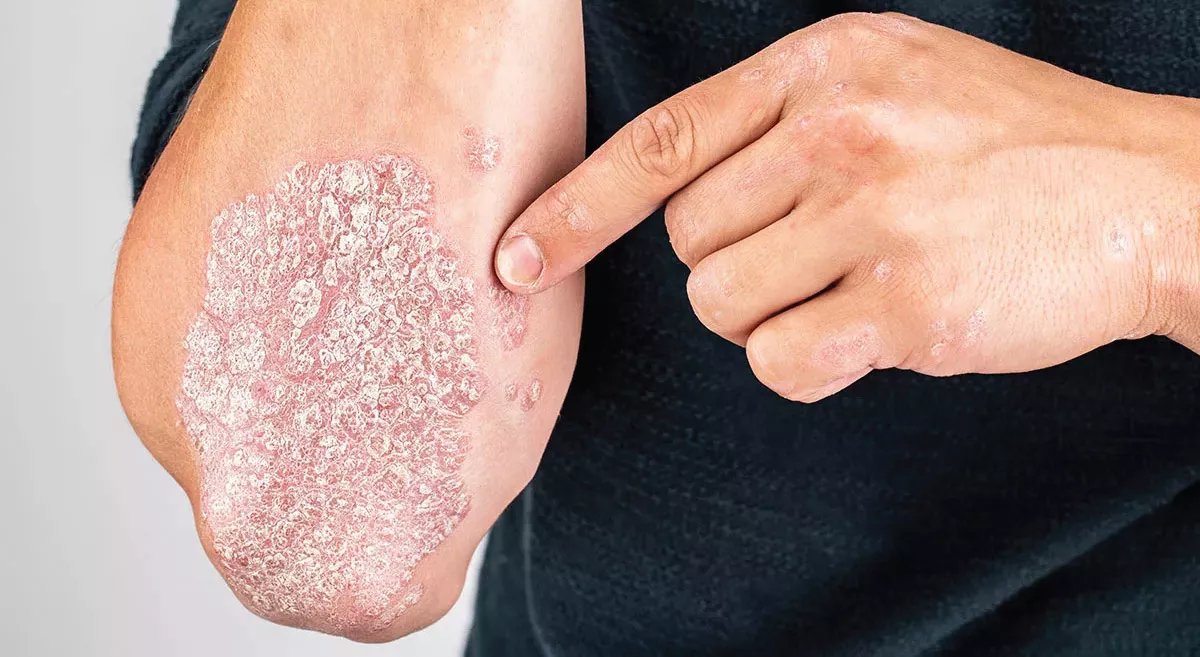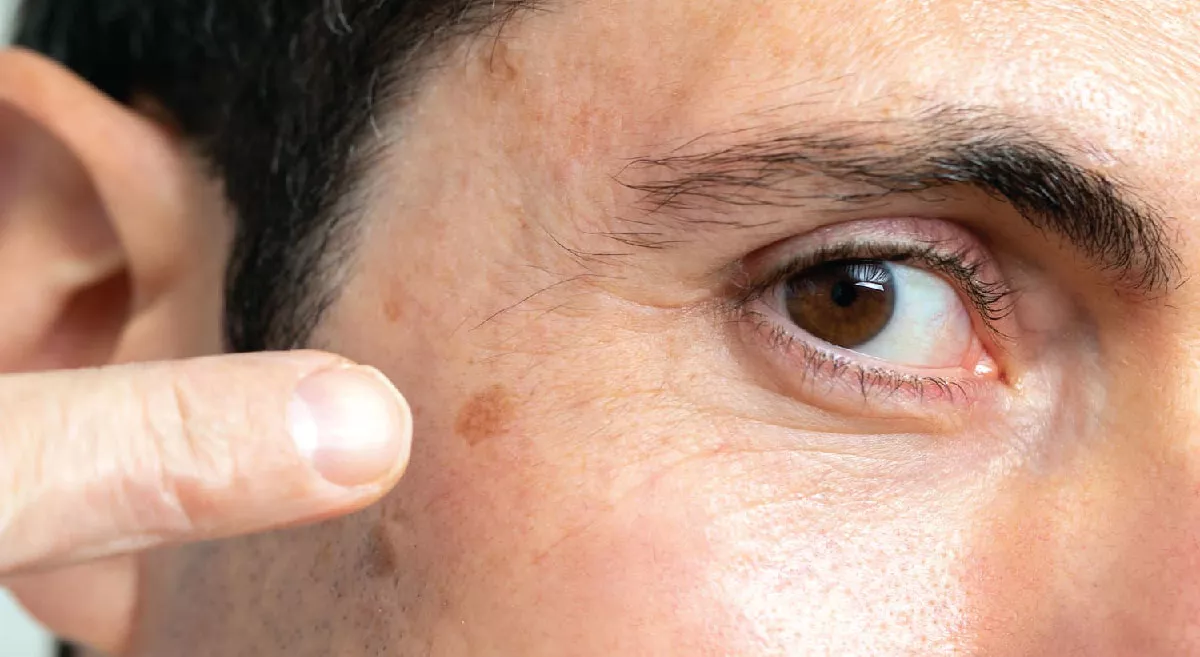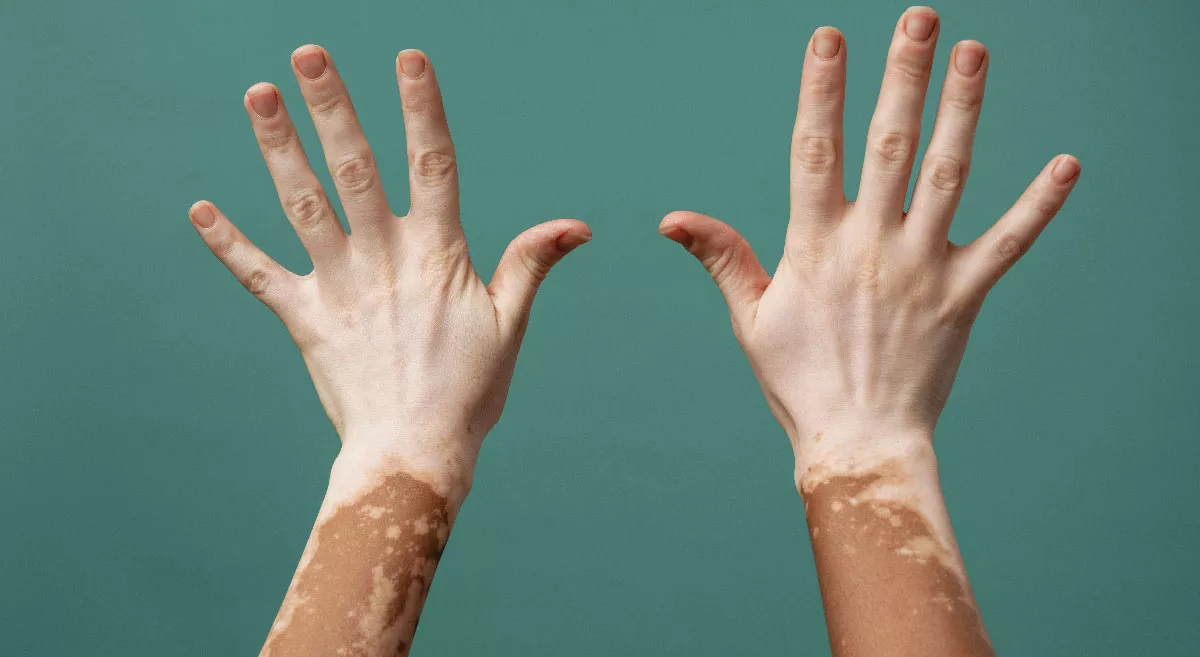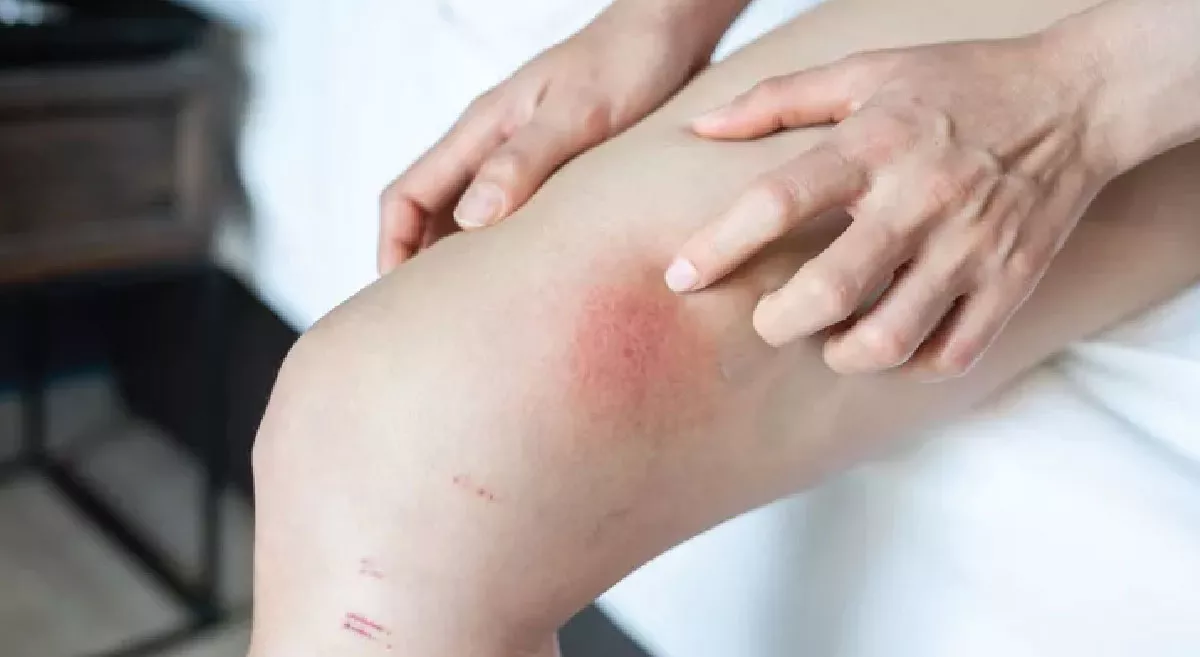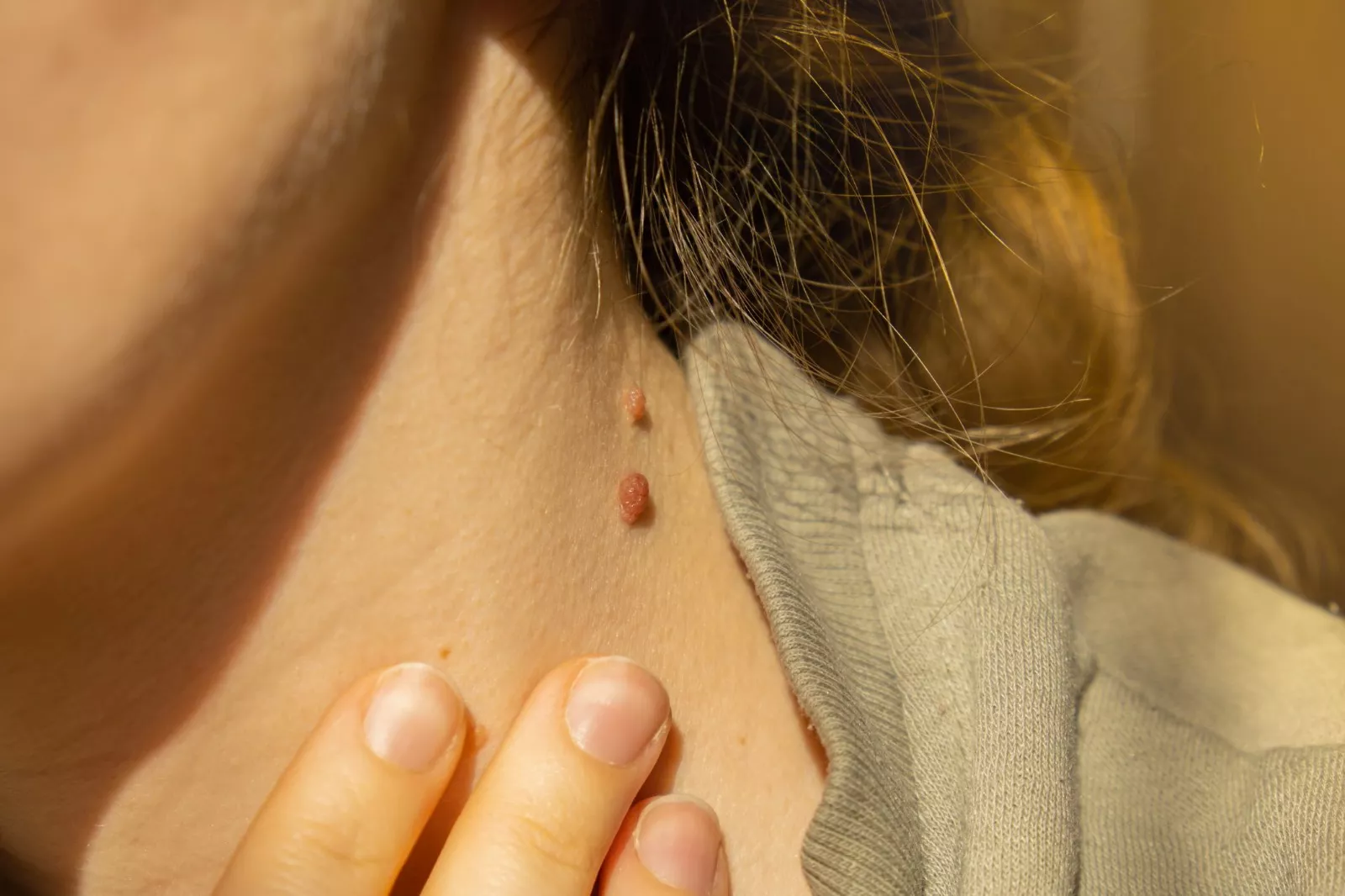Oily skin can be challenging to manage, but with the right skincare products and routine, it’s possible to control excess oil and keep your skin looking healthy. Oily skin is often caused by overactive sebaceous glands that produce too much sebum (skin oil), which can lead to clogged pores, acne, and a shiny appearance. The goal of skincare for oily skin is to balance oil production without stripping the skin, which can actually cause more oil production.
Key Ingredients for Oily Skin Care:
- Salicylic Acid (BHA): A beta-hydroxy acid that penetrates deep into the pores to exfoliate and help clear out excess oil and prevent clogged pores. Ideal for acne-prone skin.
- Niacinamide: Also known as vitamin B3, niacinamide helps reduce excess oil production while calming inflammation. It’s great for controlling shine and balancing skin.
- Retinoids (Retinol): Vitamin A derivatives that help regulate sebum production, increase cell turnover, and prevent clogged pores, which can help reduce acne and shine over time.
- Clay: Clay masks (like kaolin or bentonite) are great for oily skin because they absorb excess oil and can help prevent clogged pores.
- Tea Tree Oil: Known for its antimicrobial properties, tea tree oil can help reduce acne and control oil production. However, it should be used in moderation since it can be drying.
- Alpha Hydroxy Acids (AHAs): Ingredients like glycolic acid and lactic acid exfoliate the surface of the skin, preventing buildup of dead skin cells and promoting a clearer, more even complexion.
- Hyaluronic Acid: Oily skin still needs hydration, and hyaluronic acid is an excellent option. It hydrates the skin without adding extra oil, as it helps draw moisture from the air into the skin.
- Zinc: Zinc helps regulate oil production and is also anti-inflammatory, which makes it great for acne-prone oily skin.
When choosing skincare products, it's important to take several factors into account to ensure you select items that are effective, safe, and suited to your individual skin needs. Here are the key factors to consider:
1. Skin Type
- Oily Skin: Look for lightweight, non-comedogenic (won't clog pores) products, such as gel-based moisturizers and oil-free formulas.
- Dry Skin: Choose hydrating products with ingredients like hyaluronic acid, glycerin, or ceramides. Rich creams and oils may be beneficial.
- Sensitive Skin: Opt for fragrance-free and hypoallergenic products. Avoid harsh chemicals like alcohol and sulfates, and look for soothing ingredients such as aloe vera or chamomile.
- Combination Skin: Look for products that balance oil control without stripping moisture. A gentle, non-drying cleanser and lightweight moisturizer might work well.
- Acne-Prone Skin: Look for products containing salicylic acid, benzoyl peroxide, or niacinamide. Avoid heavy, pore-clogging creams.
2. Skin Concerns
- If you have specific skin issues, such as acne, dark spots, wrinkles, or pigmentation, look for products formulated to target those concerns.
- Anti-aging: Look for ingredients like retinol, peptides, and antioxidants like vitamin C and E.
- Hyperpigmentation: Ingredients like vitamin C, niacinamide, licorice extract, and alpha arbutin can help with discoloration.
- Acne: Benzoyl peroxide, salicylic acid, sulfur, or tea tree oil may be helpful.
3. Ingredients
- Always read the ingredient list. Choose products with high-quality, effective active ingredients and avoid harsh chemicals when possible.
- Active Ingredients: These are the components that treat specific skin concerns, such as retinol (for aging), salicylic acid (for acne), or peptides (for skin repair).
- Potential Irritants: Avoid ingredients like alcohol, synthetic fragrances, parabens, sulfates, or certain preservatives if you have sensitive skin.
- Natural vs. Synthetic: Some prefer natural or organic products, though "natural" does not always mean better, and some natural ingredients can be irritating to some skin types.
4. Skin Sensitivity & Allergies
- Patch test new products before applying them all over your face, especially if you have sensitive skin or a history of allergies.
- Be cautious with new ingredients or products containing essential oils, fragrances, or preservatives, as these can trigger reactions in sensitive skin.
5. Product Formulation
- Cleansers: Choose a gentle, hydrating cleanser that doesn’t strip your skin’s natural moisture. Avoid harsh soaps.
- Moisturizers: Consider your skin's hydration needs. Lighter formulas are good for oily skin, while thicker creams or oils are better for dry skin.
- Sunscreen: Sunscreen is crucial for protecting the skin from UV damage. Choose broad-spectrum SPF 30 or higher.
- Exfoliants: Chemical exfoliants (AHAs, BHAs) are often better tolerated than physical exfoliants like scrubs, which can be abrasive.
6. Formulation Concerns (pH & Texture)
- The pH of a product can influence how well it works with your skin. Look for products with a pH that matches your skin (usually between 4.5 and 5.5).
- Texture preferences matter—some prefer gel-based products, while others may prefer richer creams or serums. Choose based on comfort and how the product feels on your skin.
7. Brand Reputation & Reviews
- Research the brand’s reputation. Opt for brands with a history of safety and efficacy.
- Check product reviews, especially those from users with similar skin types and concerns.
8. Cost & Value
- Higher-priced products don’t always equate to better results. Find products that fit within your budget while still offering the benefits you need.
- Consider the size and concentration of active ingredients when assessing value. Sometimes, a small amount of a potent product can go a long way.
9. Consistency & Lifestyle
- Choose products that align with your routine and that you’ll use consistently. A complicated regimen with too many steps might be hard to maintain.
- Consider your lifestyle: If you need something quick and easy for mornings, opt for multifunctional products like a moisturizer with SPF or a tinted sunscreen.
10. Seasonal Changes
- Your skin's needs may change with the seasons. In colder months, you may need richer, more hydrating products, while in warmer months, lighter products or mattifying options may be more suitable.
11. Eco-friendly & Ethical Considerations
- Look for cruelty-free, vegan, and eco-conscious products if these values are important to you.
- Consider packaging that is recyclable or made from sustainable materials.
Avoidance of the following in Oily skin type:
If you have oily skin, it’s important to choose skincare products that help manage excess oil without causing further imbalance or irritation. Here are some ingredients and products you should avoid when you have oily skin:
1. Heavy, Rich, or Oily Moisturizers
- Why to Avoid: Thick, greasy moisturizers can exacerbate oiliness and clog pores, leading to breakouts or enlarged pores.
2. Alcohol-Based Products
- Why to Avoid: While alcohol can temporarily dry out oily skin, it can also strip the skin of essential moisture, leading to an increase in oil production as the skin tries to compensate. This can worsen the problem in the long run.
3. Harsh Exfoliants (Physical Scrubs)
- Why to Avoid: Physical scrubs with large, rough particles can irritate and inflame the skin, potentially causing microtears and triggering more oil production. Over-exfoliating can also disrupt your skin’s natural barrier..
4. Comedogenic Ingredients
- Why to Avoid: Certain ingredients are known to clog pores and contribute to breakouts, which is problematic for oily skin. These are often labeled as comedogenic.
- Ingredients to Watch Out For: Coconut oil, lanolin, petrolatum, myristic acid, isopropyl myristate, and some forms of shea butter. These can be pore-clogging for oily skin.
5. Fragrances (Synthetic or Natural)
- Why to Avoid: Fragrances (both synthetic and natural) can irritate sensitive skin and lead to inflammation, which can increase oil production and make the skin more prone to breakouts.
6. Sulfates (Sodium Lauryl Sulfate, Sodium Chloride)
- Why to Avoid: Sulfates, commonly found in cleansers, can strip the skin of its natural oils. While this may sound like it would help with oily skin, sulfates can actually trigger the skin to overcompensate by producing more oil.
7. Silicone-Based Products (Dimethicone, Cyclopentasiloxane, etc.)
- Why to Avoid: While silicones can provide a smooth, mattifying effect, they can also trap oil, sweat, and dirt inside the pores, potentially leading to clogged pores and breakouts. Some people also find them to be too heavy for oily skin.
8. Cream-Based Sunscreens
- Why to Avoid: Many cream-based sunscreens are too heavy and oily for oily skin types. They may contribute to clogged pores and leave a greasy residue.
9. Occlusive Ingredients (Petrolatum, Mineral Oil)
- Why to Avoid: Occlusive ingredients like petrolatum (petroleum jelly) and mineral oil can form a barrier over the skin, trapping oil, sweat, and bacteria, which can lead to breakouts and congestion, especially for oily or acne-prone skin.
10. Overly Astringent Toners
- Why to Avoid: Some toners, especially those with high alcohol content or astringents like witch hazel, can be too drying. Although they may initially reduce shine, they can leave skin irritated and cause an overproduction of oil.
11. Oily Makeup Products
- Why to Avoid: Many foundations, concealers, and powders contain oils that can contribute to shine and clogged pores.
12. Over-Cleansing or Aggressive Cleansing
- Why to Avoid: While it’s important to cleanse oily skin, over-cleansing or using harsh, drying cleansers can strip your skin and stimulate an overproduction of oil. This can result in a vicious cycle of more oil and more breakouts.
- Alternatives: Use a gentle, non-drying gel-based or foaming cleanser once or twice a day, depending on your skin’s needs. Double cleansing (using an oil-based cleanser followed by a water-based one) can be effective if you wear makeup or sunscreen.
Summary of Key Things to Avoid for Oily Skin:
- Heavy moisturizers or products with high oil content.
- Alcohol-based products that dry out the skin.
- Physical exfoliants (harsh scrubs).
- Comedogenic ingredients (e.g., coconut oil, lanolin).
- Synthetic fragrances or artificial scents.
- Sulfates (e.g., sodium lauryl sulfate).
- Silicone-based products that might trap oil and dirt.
- Cream-based sunscreens that are too heavy for oily skin.
- Occlusive ingredients like petrolatum and mineral oil.
- Over-cleansing or aggressive products that dry out skin.
By avoiding these ingredients, you can help maintain a balanced, clear, and healthy complexion, keeping oil levels in check without aggravating your skin’s natural processes.
Dermatologist Recommendations
- If you’re unsure, consult a dermatologist for advice on the best products for your skin concerns and type. They can help guide you toward safe, effective choices.
